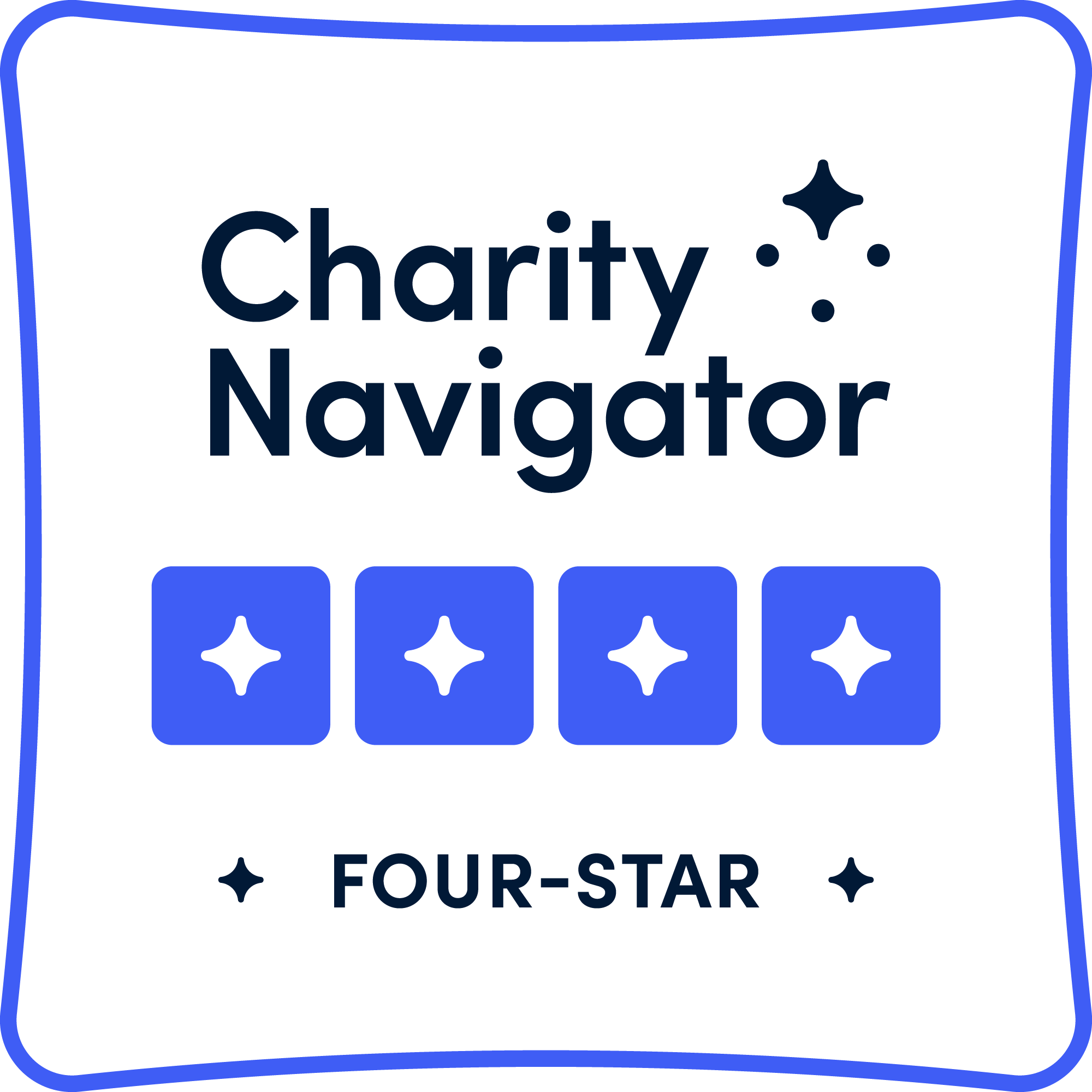Cardiac Amyloid takes center stage at HFSA
For many years, cardiac amyloid has had a few remarkable champions, preaching to half-empty rooms at medical conferences. Well, all that has changed.
It started with Professor Giampaolo Merlini’s Ham-Wasserman plenary lecture , “AL Amyloidosis: From Molecular Mechanisms to Targeted Therapies,” at the American Society of Hematology (ASH) last December. The largest auditorium was completely full. Attendees were keen to learn more about novel treatments and trials. Since then, the level of interest from physicians in amyloidosis has continued to rise.
Nowhere has this been more apparent than last week, at Heart Failure Society of America’s (HFSA) Annual Meeting. There were numerous sessions on cardiac amyloid. An array of topics were covered: from a disease overview, to the challenges in diagnosis, and the evolving treatment landscape. Each session was filled to capacity. Moreover, for late comers it was standing room only.
The evolving treatment landscape has generated great excitement amongst physicians. To date, there have been very limited options, particularly for patients with ATTR amyloidosis. There are a number of novel treatments in development for both AL and ATTR. Several of these have reach or are approaching the marketplace. With no simple diagnostic tool, accurate diagnosis was a key focus of the meeting’s agenda. Presentations focused on ensuring that physicians were well aware of the diagnostic algorithms to follow, as well as the need to pursue accurate amyloid typing.
For the third year running, ARC hosted a CME credited Satellite Symposium on cardiac amyloid. This year’s topic was changing the perspective on cardiac amyloidosis: from missed and undiagnosed to common and treatable. There were excellent presentations from our leading experts, but there is no doubt that the stand out presentations were from three patients with different types of cardiac amyloidosis. They presented their experiences with AL, hereditary and wild type ATTR. These patients took the audience through their diagnostic journey, highlighting the remarkable resilience they each needed in order to pursue and finally get an accurate diagnosis. They also talked about the stress of a misdiagnosis. Patients shared the admiration they had for the physicians that correctly, and in one case against all odds, diagnosed them. Their stories highlighted the importance of the patient narrative towards informing diagnosis and treatment decisions.
The amyloidosis community is fortunate to have a number of extraordinary champions who have made it their mission to educate fellow physicians. Each year they give a significant amount of time to raising awareness and sharing best practice and lessons learnt from their own experience. ARC would like to recognize Drs. Martha Grogan, Mathew Maurer, Mazen Hanna, Daniel Judge, Jose Nativi-Nicolau and Ron Witteles for giving such inspiring and informative presentations at HFSA.
ARC is excited to have launched our grass roots awareness campaign at HFSA. With each misdiagnosis, there is the opportunity to educate that physician on amyloidosis and thereby help future patients. Learn about how you can take part.
- Categories
- Lastest Posts
- Phase 3 Clinical Trial of Birtamimab in AL Amyloidosis Fails to Meet Primary Endpoint
- FDA Approves Amvuttra™ (vutrisiran) for ATTR-CM: More Options for Patients
- FDA Approves Attruby™ (acoramidis) for the Treatment of ATTR-CM: A New Option for Patients
- ARC Launches Clinical Fellowship Program to Advance Amyloidosis Care



